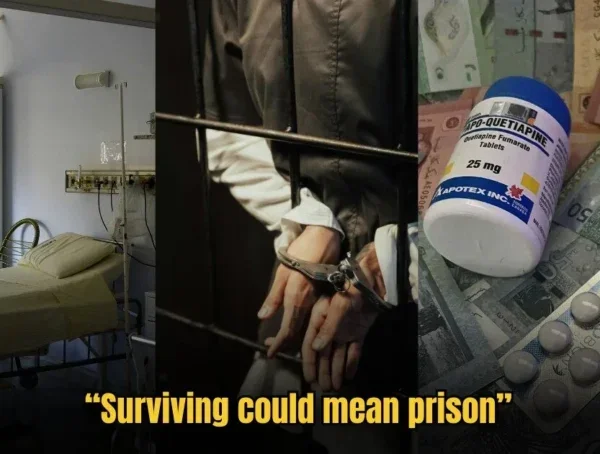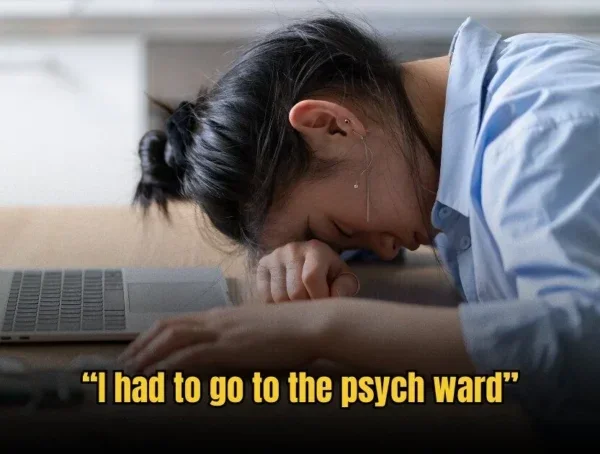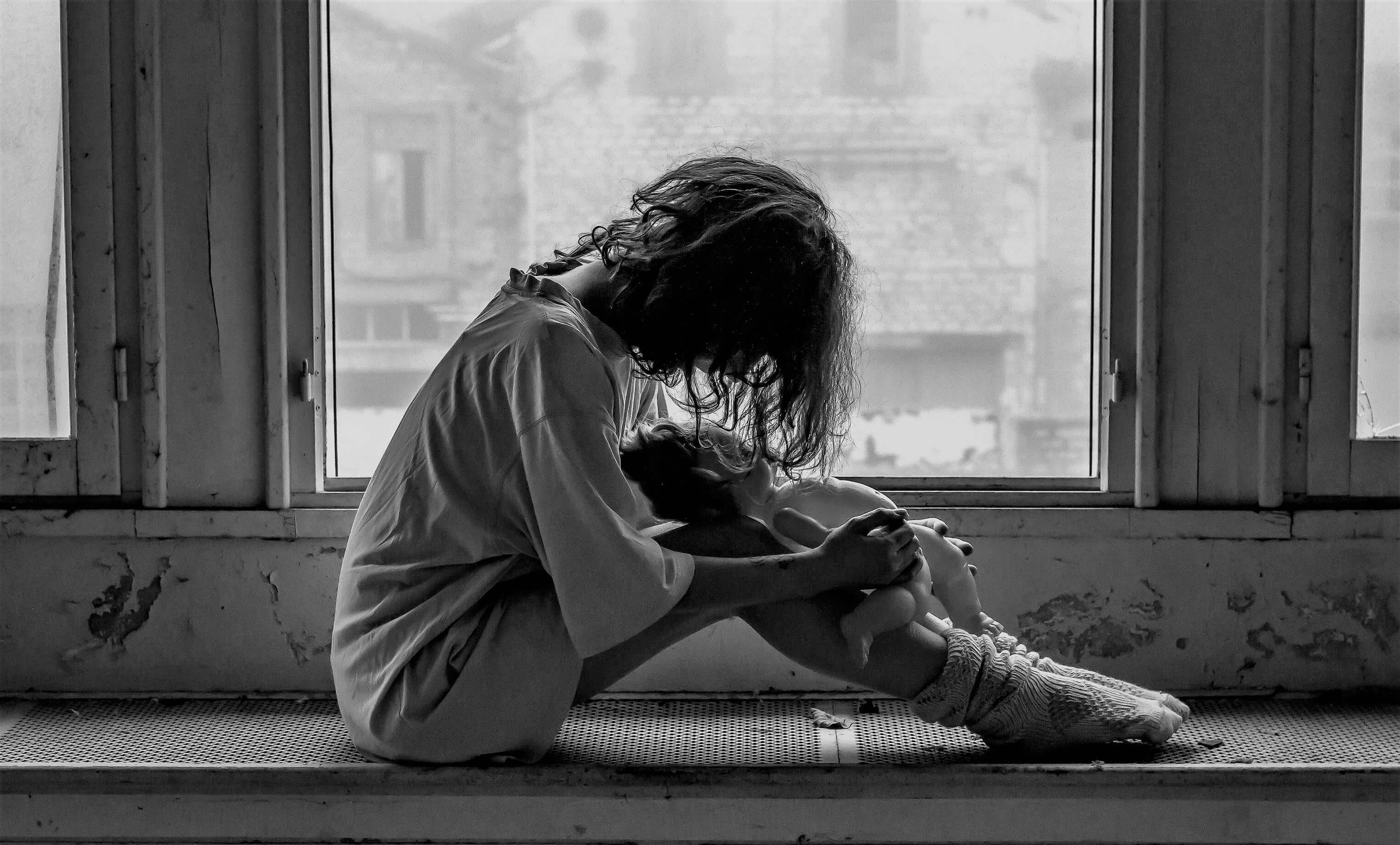
I realised I was suffering from depression when I was about 14 or 15.
Prior to that I was always a quiet child and a little more subdued than most of my friends. But when adolescence began to set in, I found myself suffering intensely challenging days where I felt lethargic and despondent.
I had always been a high-achiever in school, but suddenly I felt like I no longer had the ability to live up to my family’s high expectations. I didn’t want to either.
In addition to that, I was struggling with trying to cope with a sexual assault I had suffered at the hands of a “friend”, and a very volatile first relationship.
One day, I had a fight with my then-boyfriend, and my test scores came back a low B, a grade that was unacceptable by my parents. Things suddenly felt like they were spiralling wildly out of control, and I desperately needed a way to stop feeling that way.
So I picked up a pocket knife, and slashed my forearm open, as I furtively stood in the shadows of some public car-park.
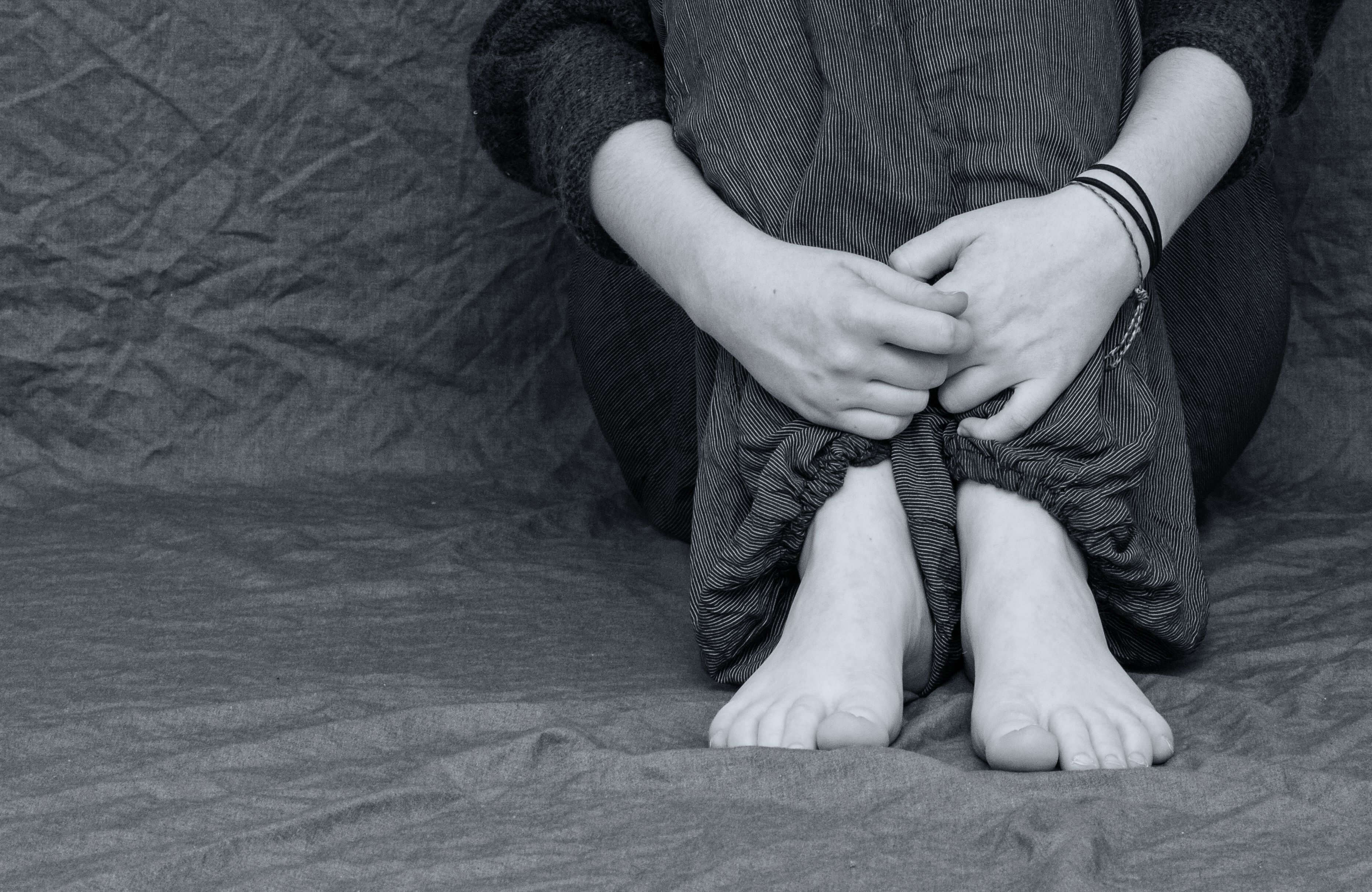
The sight of blood felt like relief, and the tears that I had somehow suppressed for months on end began welling up in my eyes.
At first, I only hurt myself intermittently. The destructiveness of the act still scared me then, but slowly it became addictive, which then became a form of release. Eventually I abused myself all the time.
Looking back now, I realise I got so hooked on doing it because it offered a sense of control when I had none.
When I was 20, I found out that the older man I was seeing had cheated on me for the umpteenth time. I reacted by hanging up on his other girlfriend, and then quietly sat down to slash my forearms open.
The cuts were deeper than I intended them to be, and I lost a lot of blood before I was admitted to the emergency ward at the nearest hospital. The doctor treating me was very concerned and wanted to admit me to the psych ward.
I refused.
My friends and family were starting to worry about me, but I didn’t know how to communicate my pain to them, and I was too ashamed of my compulsive cutting behaviour. I decided to alienate myself from them for a while.
I’d like to say that the hospital trip triggered me to start looking for help to stop self-harming, but the fact is I struggled with it for years. Some months, I would manage to not hurt myself at all, but then a bad day would happen, and like an ex-addict I would do a dramatic relapse.
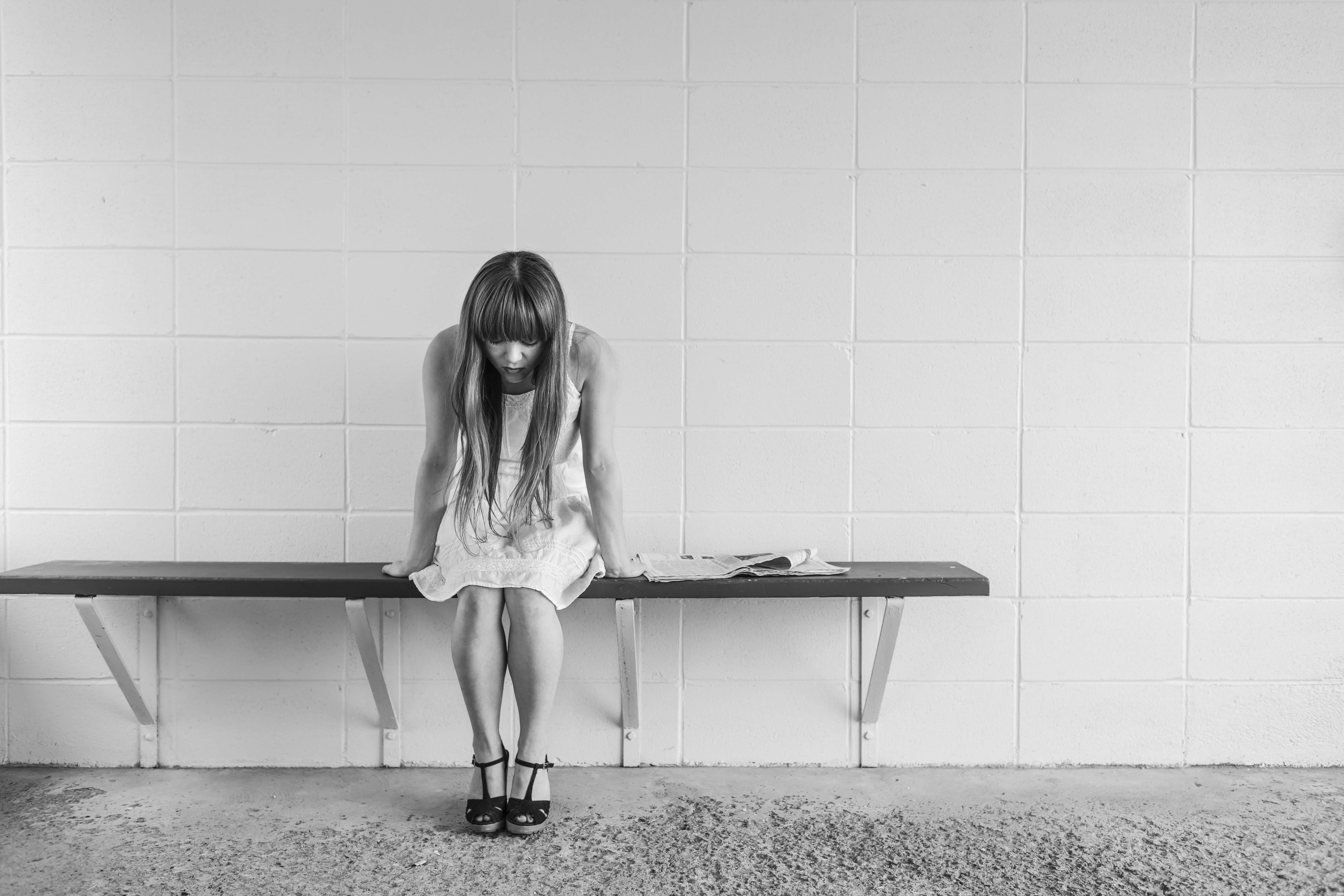
It has taken me almost a decade, but I’m glad to say I’ve finally gotten to a point in life where I’m able to manage my tendency to self-harm.
I’ve decided to write this to help other people in similar situations to mine, because I know how intensely lonely and shameful it can feel to struggle with this issue.
What really helped me to eventually stop self-harming were the following things:
Having a good support system. I had non-judgemental friends who never said anything unkind or disparaging about my cutting or my scars. Instead, they were quietly supportive, and offered a listening ear, or even simple companionship when I was feeling down.
Better coping techniques. I’ve always enjoyed writing a lot, and even though it didn’t completely keep me from cutting, it was an alternative solution to managing my intense emotions that probably significantly reduced incidence of being self-destructive.
Taking long walks and meditation were also things that I found calming, and eventually adopted more into my life in a bid to nurture a healthier lifestyle for myself.
Redirecting focus to physical pursuits. I was introduced to diving, and then kayaking, and hiking. From there on, I started developing a greater interest in improving my overall health and performance, and so I started going to the gym.
My first month in gym was extremely challenging, but I loved it! It gave me the same endorphin rush I got from cutting, but it was a much more positive option and had the positive side effect of improving my physique.
Confide in someone. Initially, I would refuse to talk much about my scars, or the reasons I was cutting myself. I’ve always been an introvert, so all I knew to do was withdraw deeper into myself as I grew unhappier.
After a while, I began finding the courage to speak out about my mental health, and it was cathartic – I suddenly realised that no man is truly an island, and I started feeling less lonely and alienated.
Identify self-harm triggers. This was the hardest for me, because I was afraid to be honest with myself. However, with the support of my friends and family, and healthier coping mechanisms in place, I started working on my emotional awareness, instead of using pain or numbness to distract me from actually confronting my issues and working on solutions to help myself move on from them.
I have many scars from all my years of cutting, and sometimes people do point them out to me, but I’ve learned to make peace with them. They are after all a part of my story, and I won’t deny that they exist.
I consider them reminders of a hard-won battle against my personal demons, and I am proud of all the work I’ve put in to get to much happier and healthier place.
For more articles on self-help, read Silencing Your Inner Critic: 4 Ways to Stop Being so Hard on Yourself, and 3 Things Which Are Making You Lazy Right Now.
More from Real Mental Health
“I Was Scared of Waking Up in Handcuffs,” shares Depressed M’sian on Repealed Law
In 2023, Malaysia repealed Section 309, a colonial-era law that made suicide attempts a crime. The change marked a shift …
‘Everyone Saw A Successful Student While I Was Crumbling,’ Shares 22 Year Old Student
This is a story of a 22 year old woman who shared her story as a Straight A’s student as …
5 Harmful Mental Health Myths Malaysians Still Believe
Let’s break down five of the most common myths Malaysians still believe, and why it’s time to let them go.







